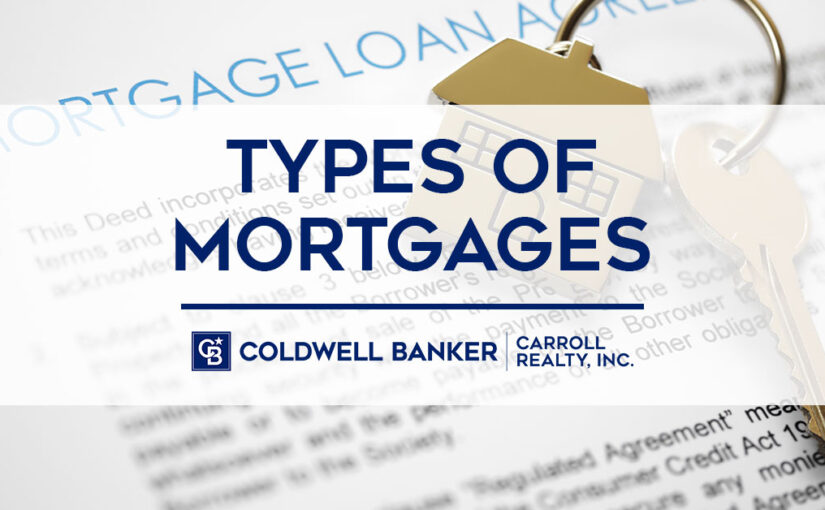
Types of Mortgages
Are you in the process of buying a home? Or just flat out confused about mortgages? It’s all about understanding the lingo, and it may be easier than you think. Some of the most common types of mortgages are relatively straightforward. Keep reading to learn about common mortgage types.
Conventional Loans
A conventional mortgage is a home loan that’s not insured by the federal government. There are two types of conventional loans: conforming and non-conforming loans.
A conforming loan simply means the loan amount falls within maximum limits set by the Federal Housing Finance Agency. The types of mortgage loans that don’t meet these guidelines are considered non-conforming loans. Jumbo loans, which represent large mortgages above the FHFA limits for different counties, are the most common type of non-conforming loan. Generally, lenders may require you to pay private mortgage insurance (also referred to as PMI) on conventional loans when you put down less than 20 percent of the home’s purchase price.
Some pros to conventional mortgage loans include:
- Can be used for a primary home, second home and/or investment properties
- Overall borrowing costs tend to be lower than other types of mortgages, even if interest rates are slightly higher
- Sellers can contribute to closing costs
Cons of conventional loans to consider are:
- A minimum FICO score of 620 or higher is often required
- Higher down payment than government loans
- Must have a debt-to-income (DTI) ratio of no more than 45 percent to 50 percent
Jumbo Loans
Jumbo mortgages are conventional types of mortgages that have non-conforming loan limits. This means the home price exceeds federal loan limits. For 2021, the maximum conforming loan limit for single-family homes in most of the U.S. is $548,250. In certain high-cost areas, the ceiling is $822,375. Jumbo loans are more common in higher-cost areas, and generally require more in-depth documentation to qualify.
Benefits of jumbo mortgages:
- Can borrow more money to buy a home in an expensive area
- Interest rates tend to be competitive with other conventional loans
Downsides of jumbo mortgages:
- A FICO score of 700 or higher typically required, although some lenders accept a minimum score of 660
- Must show you have significant assets (generally 10 percent of the loan amount) in cash or savings accounts
Government-insured Loans
The U.S. government isn’t a mortgage lender, but it does play a role in helping more Americans become homeowners. Three government agencies back mortgages: the Federal Housing Administration (FHA loans), the U.S. Department of Agriculture (USDA loans) and the U.S. Department of Veterans Affairs (VA loans).
FHA loans – Backed by the FHA, these types of home loans help make homeownership possible for borrowers who don’t have a large down payment saved up or don’t have pristine credit. Borrowers need a minimum FICO score of 580 to get the FHA maximum of 96.5 percent financing with a 3.5 percent down payment; however, a score of 500 is accepted if you put at least 10 percent down.
USDA loans – USDA loans help moderate to low income borrowers buy homes in rural areas. You must purchase a home in a USDA-eligible area and meet certain income limits to qualify. Some USDA loans do not require a downpayment for eligible borrowers with low incomes.
VA loans – VA loans provide flexible, low-interest mortgages for members of the U.S. military (active duty and veterans) and their families. VA loans do not require a down payment or mortgage insurance, and closing costs are generally capped and may be paid by the seller.
Fixed-rate Mortgages
Fixed-rate mortgages keep the same interest rate over the life of your loan, which means your monthly mortgage payment always stays the same. Fixed loans typically come in terms of 15 years, 20 years or 30 years.
Pros of fixed-rate mortgages include:
- Monthly principal and interest payments stay the same throughout the life of the loan
- You can have a more precise and predictable budget from month to month
Cons of fixed-rate mortgages:
- Generally need to pay more interest with a longer-term loan
- Interest rates typically higher than rates on adjustable-rate mortgages (also known as ARMs)
Adjustable-rate Mortgages (ARMs)
Unlike the stability of fixed-rate loans, adjustable-rate mortgages have fluctuating interest rates that can go up or down with market conditions. Many ARMs have a fixed interest rate for a few years before the loan changes to a variable interest rate for the remainder of the term. Make sure to search for an ARM that caps how much your interest rate or monthly mortgage rate can increase so you don’t wind up in financial trouble when the loan adjusts.
Pros of adjustable-rate mortgages:
- Lower fixed rate in the first few years of homeownership
- You can save a substantial amount of money on interest payments
Cons of adjustable-rate mortgages:
- Monthly mortgage payments could become unaffordable
- Home values may fall in a few years, making it harder to refinance or sell before the loan resets
Before deciding on any certain type of mortgage or loan, carefully consider the financial situation you are in. The most important thing is to do your research and use a professional realtor to help you navigate the process of buying a home.
At Coldwell Banker Carroll Realty, we can help you find a home that fits your budget and your needs with care and professionalism. We have experienced real estate agents throughout Panama City, Panama City Beach, and 30a ready to meet with you! Start your search for the perfect property with us today.
